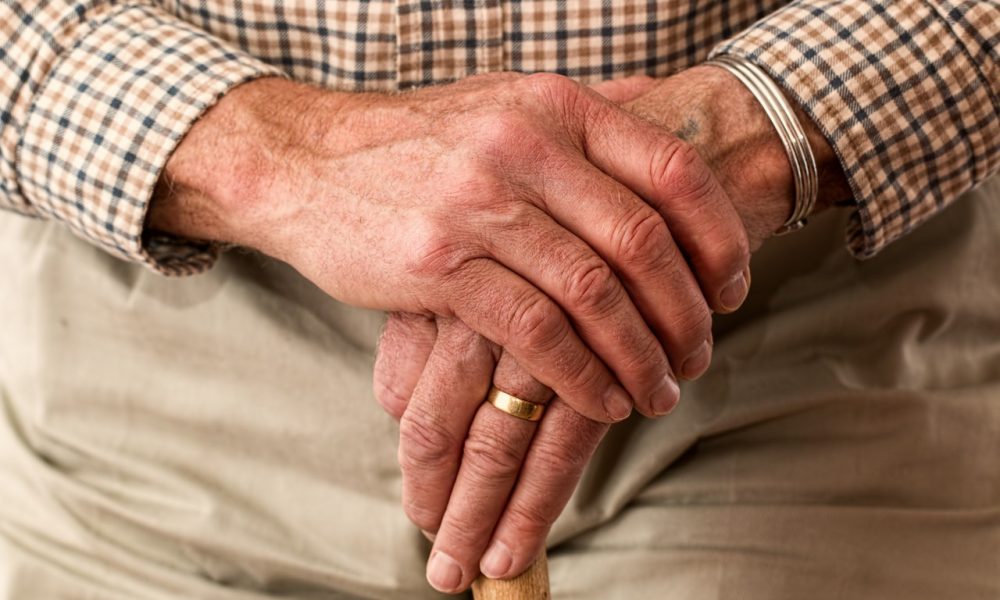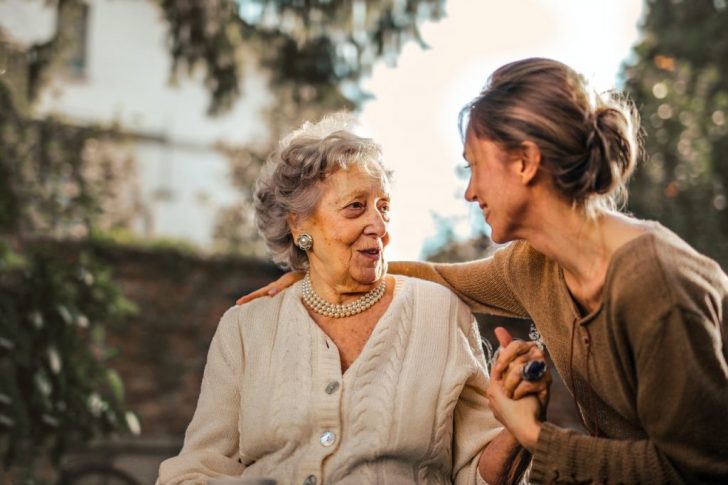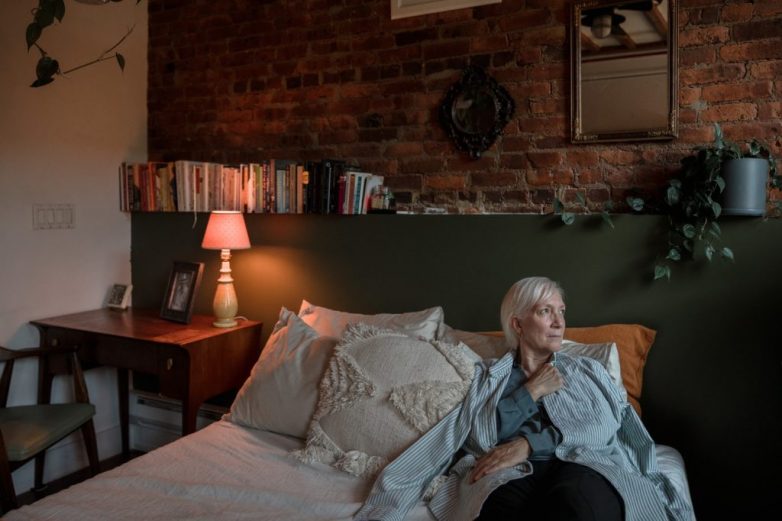
Does Your Parent Require In-Home Medical Services? Here’s How to Know for Sure

Aging is a part of life, and as people age, they are subjected to changes that affect them both mentally and physically. Once your parents start showing signs of cognitive decline or weakness, it’s time to look into potential ways you can make their lives easier. Many people were reunited with their elders after the recent restrictions to find them weaker and frailer than usual.

Pexels | This can be scary, but if you pick up on the right signs, you can help them get the help they need
While many people prefer providing caregiving to their elders themselves, it is not an easy task. You can easily feel overburdened and agitated if you are new to this or already have responsibilities to tend to. This is where the role of professional caregivers comes in, they are trained and specialized in dealing with the elderly and sometimes more attentive to your elder’s needs.
So here are some signs you need to look for if you think your loved one needs that extra help.
1. Change In Behavior
This change is noticeable when dealing with them face to face, do they get irritated quickly, or do they have a leaky pipe that hasn’t been tended to? Maybe they have a pile of bills or a messy house at hand? Another major sign could be loss of interest and disturbed sleeping patterns. If your elder shows signs of unusual behavior then they need extra help.

Pexels | Teach them how to contact you in case of any emergencies
2. Cognitive Decline
Cognitive decline sets in with age and time. While it may be normal, it can cause a major hindrance when it comes to carrying out daily tasks. Does your elder show signs of confusion, uncertainty or they are unable to reason and rationalize? Do they lose track of time and have gotten forgetful, this is a prominent sign of cognitive decline and they have reached the age where they require assistance.
3. Physical Changes
Let’s suppose you meet your elder after a while and you notice that they have lost weight, they are not keeping track of their medication, or walking seems to be difficult for them. Some elders end up with injuries and bruises as well which may have been caused by imbalanced steps. Your elders may not want to share with you but these physical signs are hard to miss and can give you a clear indication that your loved one needs help.

Pexels | Be sure to check in with them every few days
Now, there are numerous types of in-home services for your loved ones to help them with tasks while making them feel independent so that they can live their lives to the fullest.
More inMedicare
-
`
Why Are Men Taller Than Women? New Genetic Study Finds Clue
For centuries, the average height difference between men and women has been noticeable—men generally stand about five inches taller. While environment...
July 23, 2025 -
`
How Upcycled Beauty Ingredients Are Reshaping the Industry’s Future
The beauty industry is going through a big shift — and it’s not just about trends. As waste problems grow and...
July 17, 2025 -
`
A Look Inside Faith Kipyegon’s Groundbreaking Mile Run in Paris
Last week in Paris, Faith Kipyegon returned to a place she knows well: Stade Sébastien Charléty. But this time, she wasn’t...
July 9, 2025 -
`
Dairy Is Making a Major Comeback — And Health Shoppers Are Loving It
Just a few years ago, dairy sat quietly in the back seat while plant-based alternatives took the spotlight. Now, it’s stepping...
July 4, 2025 -
`
Does Aging Cause Dental Problems?
Aging doesn’t automatically mean losing teeth or developing gum disease. In fact, older adults today are holding onto more of their...
June 25, 2025 -
`
How Upcycled Ingredients Are Shaping the Future of Cosmetics
What used to end up in bins or compost heaps is now finding a new life inside skincare bottles and beauty...
June 18, 2025 -
`
Rock Legend Rod Stewart Trains to Break Sprint Record at 80
Age isn’t slowing Rod Stewart down. Known worldwide for his legendary voice, stadium-filling tours, and timeless hits like “Maggie May”, the...
June 11, 2025 -
`
The Truth Behind Detox Diets – Health Boost or Risky Trend?
It’s hard to scroll through your feed without seeing someone sipping green juice with promises of instant energy, glowing skin, and...
June 3, 2025 -
`
Is Dr. Oz Fit to Lead Medicare?
The announcement of Dr. Mehmet Oz as President-elect Donald Trump’s pick to lead the Centers for Medicare and Medicaid Services (CMS)...
May 29, 2025















You must be logged in to post a comment Login